15 Mistakes That Could Hurt Your Credit Score

15 Mistakes That Could Hurt Your Credit Score
Your credit score has a huge impact on your financial life
If you want to do business with a person or company, chances are very good they are going to check your credit score. This could be a potential employer, an insurer, a utility company, a cell phone provider, a landlord, or a lender doing a credit check.
Credit scores are used so often because they are widely viewed as a key metric demonstrating your level of responsibility. As a result, you don't want to make any of these 15 mistakes that could lower your score.
5 Stocks Under $49
Presented by Motley Fool Stock Advisor
We hear it over and over from investors, "I wish I had bought Amazon or Netflix when they were first recommended by The Motley Fool. I’d be sitting on a gold mine!" It's true, but we think these 5 other stocks are screaming buys. And you can buy them now for less than $49 a share! Click here to learn how you can grab a copy of "5 Growth Stocks Under $49" for FREE for a limited time only.
Previous
Next
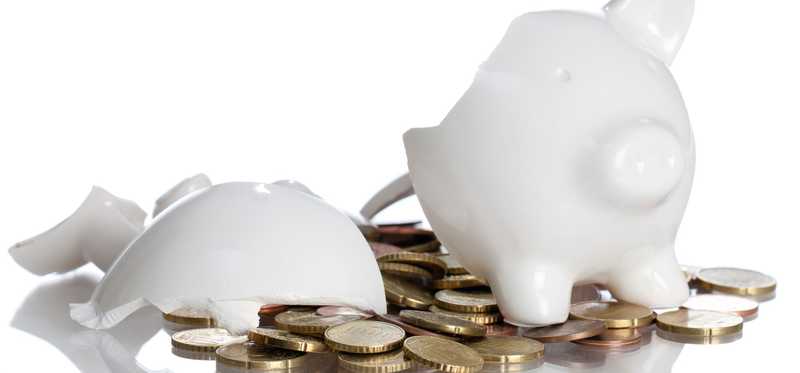
1. Never borrowing
Surprisingly, taking on no debt at all could have a very damaging impact on your credit score. That's because you need to show you can borrow responsibly in order to earn good credit.
You do not need to carry a balance on a credit card to boost your score, but you do need to make sure you have a mix of different kinds of debt that you make payments on by the due date so lenders in the future can see they're able to trust you to pay as promised.
ALSO READ: 3 Reasons Dave Ramsey Is Wrong About Credit Cards
Previous
Next

2. Getting credit before you're ready for it
Although you want to start building a credit history as soon as possible, you don't want to borrow when you aren't ready.
Unless you have steady income and are confident you can make all payments on schedule, don't take out loans. And you should avoid using a credit card unless you can pay the balance in full.
Unfortunately, sometimes young people including college students end up getting credit before they are ready to manage it. This can have a long-term negative impact if derogatory information ends up going on your credit record.
Previous
Next
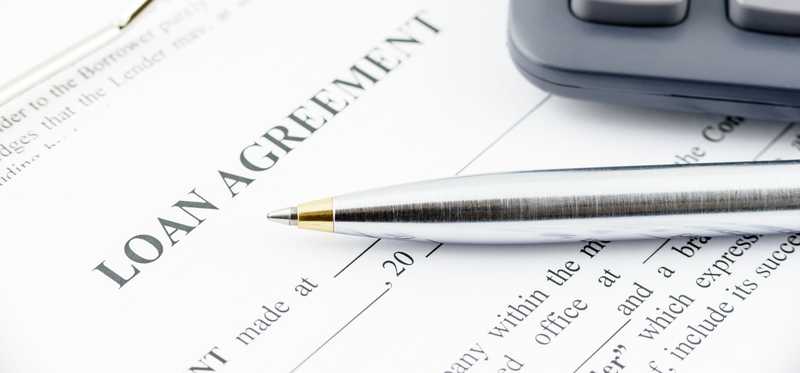
3. Not having a good mix of different kinds of debt
The types of loans you have matters a lot when it comes to your credit score.
To earn the highest score, it's best to have a diverse mix of different kinds of loans including installment loans repaid on a set schedule and revolving debt such as credit cards and home equity lines of credit.
Previous
Next
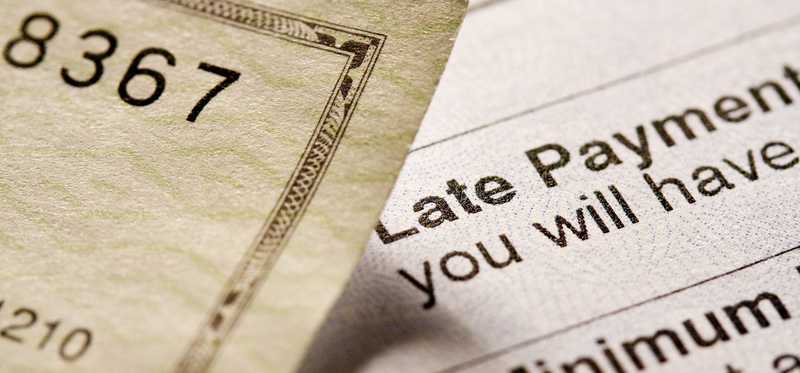
4. Paying late
Paying your bill late is one of the biggest credit mistakes you could make. A single late payment could send your score down as much as 100 points so you absolutely don't want to make this error.
Typically, your credit score will be damaged once you are at least 30 days behind your due date, although it could happen sooner with certain kinds of loans. The later you are in making payments, the more damage to your score occurs.
Previous
Next
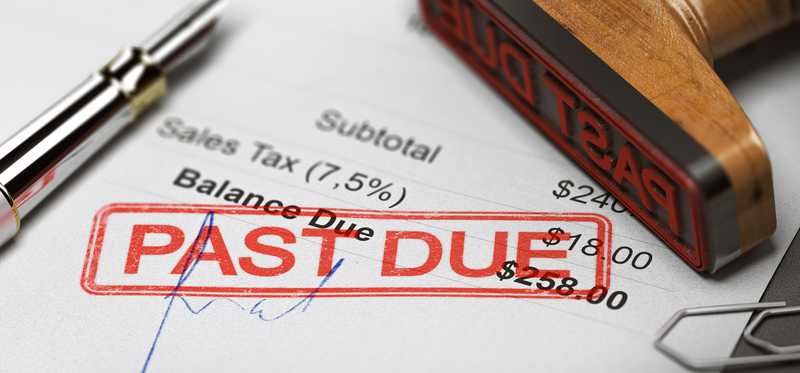
5. Not paying your bills at all
If you default on your debt by not making payments at all, this will be reported on your credit history.
Defaults could lead to legal judgments against you or the creditor could charge off the debt. This will show up on your credit history and do massive long-term damage to your score.
5 Stocks Under $49
Presented by Motley Fool Stock Advisor
We hear it over and over from investors, "I wish I had bought Amazon or Netflix when they were first recommended by The Motley Fool. I’d be sitting on a gold mine!" It's true, but we think these 5 other stocks are screaming buys. And you can buy them now for less than $49 a share! Click here to learn how you can grab a copy of "5 Growth Stocks Under $49" for FREE for a limited time only.
Previous
Next

6. Charging too much on your credit cards
Credit utilization is the second most important criteria in determining your credit score. It's calculated by dividing the amount of credit you have used by the amount of credit extended to you.
Your utilization ratio is adversely affected if you charge too much on your cards. Your utilization ratio should be below 30% to maintain the best score, and lower is better.
Previous
Next
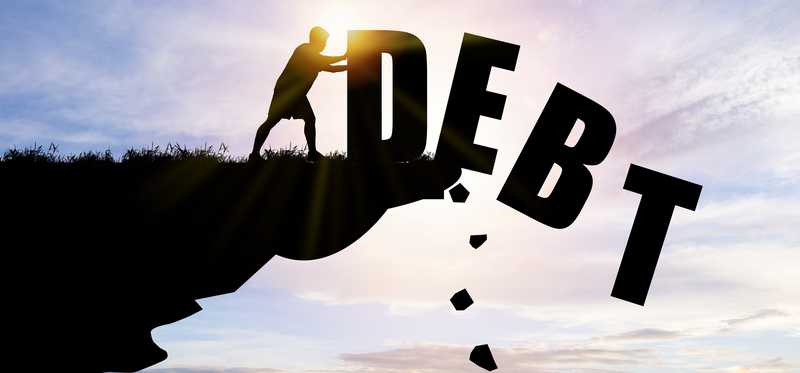
7. Settling debt
If you become unable to pay back your debt as promised, you may want to negotiate an agreement with your creditors to settle your debt. This can save you money since you typically make a lump sum payment and the creditor agrees to forgive the remaining balance.
Unfortunately, while settling debt may seem attractive due to the fact it lowers your payoff costs, it will do major damage to your credit score since your debt will be reported as settled rather than as paid in full.
Previous
Next

8. Facing foreclosure or repossession
If you miss mortgage payments or car loan payments, your lender could move forward to take legal action to take back your vehicle or your home. Foreclosure and repossession will also substantially lower your credit score, as well as hurt your finances in other ways.
These legal actions should ideally be avoided at all costs by working out an agreement with your lenders if you cannot pay as planned.
ALSO READ: Is Buying Foreclosures a Good Real Estate Investment?
Previous
Next
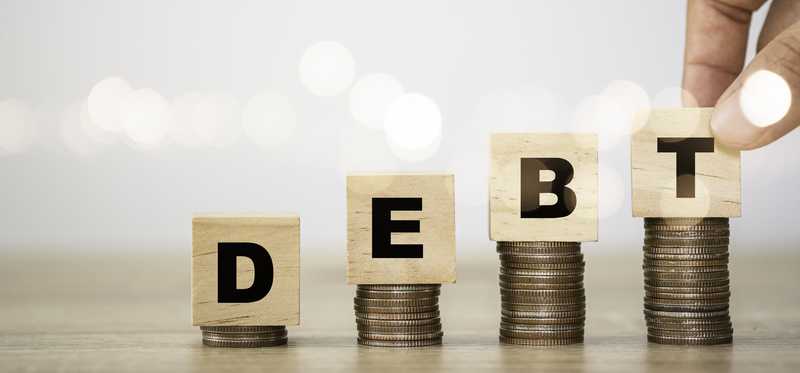
9. Consolidating too much debt onto one card
Debt consolidation can also help with debt payback since you can consolidate multiple existing debts onto one credit card or one new loan. If you can reduce the interest rate while consolidating debt, you can also make your financing charges lower.
Consolidating debt generally won't damage your credit in the long term, unlike debt settlement. But it can have an adverse impact if you consolidate too much debt onto a new card.
Say, for example, you open a balance transfer card with a $5,000 limit and you immediately transfer a full $5,000 in debt onto the card. You will have a 100% utilization ratio, which will hurt your credit.
Previous
Next

10. Closing down old credit cards
If you have lots of old credit cards open, it may be tempting to close them down if you aren't using the accounts any more. Don't.
If you close old accounts, you reduce credit available to you, causing your utilization rate to go higher and hurting your credit score. You also shorten the average age of your credit, which hurts your score, too.
And over time, the positive payment history of the old account will drop off your credit after it's closed, which can hurt your score, too.
5 Stocks Under $49
Presented by Motley Fool Stock Advisor
We hear it over and over from investors, "I wish I had bought Amazon or Netflix when they were first recommended by The Motley Fool. I’d be sitting on a gold mine!" It's true, but we think these 5 other stocks are screaming buys. And you can buy them now for less than $49 a share! Click here to learn how you can grab a copy of "5 Growth Stocks Under $49" for FREE for a limited time only.
Previous
Next

11. Not understanding when your card issuer reports your balance
If you pay off your credit balance in full each month, you could still end up with a utilization ratio that hurts your credit. This could happen if your card issuer reports your balance when it is high before it is paid off.
See, your card issuer reports your card balance to the major credit reporting agencies at a specific time each month. Ideally, you will want to repay your card in full before this happens so your balance won't appear high and have an adverse impact.
ALSO READ: Why Your Credit Utilization Ratio May Be Higher Than You'd Expect
Previous
Next
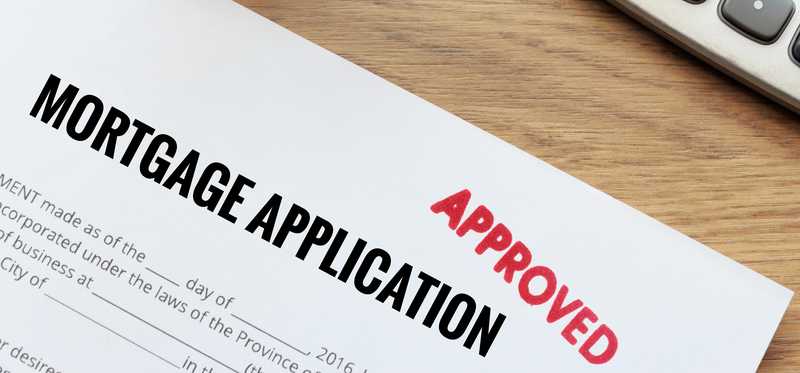
12. Taking on too much credit all at once
It's a good idea to have different kinds of loans, but a bad idea to apply for too much credit at once. Whenever you request a new loan or credit card, the lender checks your credit, and this inquiry is recorded on your record.
Inquiries remain on your credit report for two years, and if you have many inquiries on your report, this will hurt your credit score. Opening a lot of new accounts in a brief time also hurts your credit because the average age of your accounts will become shorter when longer is better.
Previous
Next

13. Giving the wrong people authorized user status
When you have a credit card, you could name other people as authorized users. This adds them to your account and gives them the right to make charges on your card but not the responsibility to repay your bill.
If you add someone as an authorized user who is irresponsible, you could end up with a high credit card balance that you can't pay off in full or even that you can't pay at all. The late payment, high utilization ratio, or default that results could hurt your credit score.
ALSO READ: 4 Situations Where Adding an Authorized User to Your Card Makes Sense
Previous
Next

14. Cosigning for someone who is not responsible
If you cosign for a loan, the debt will be listed on your credit record and the lender will be able to try to collect from you if the primary borrower fails to repay the loan as promised.
If the person who asked you to cosign makes late payments or is otherwise irresponsible with the debt, your credit score will be damaged.
Previous
Next
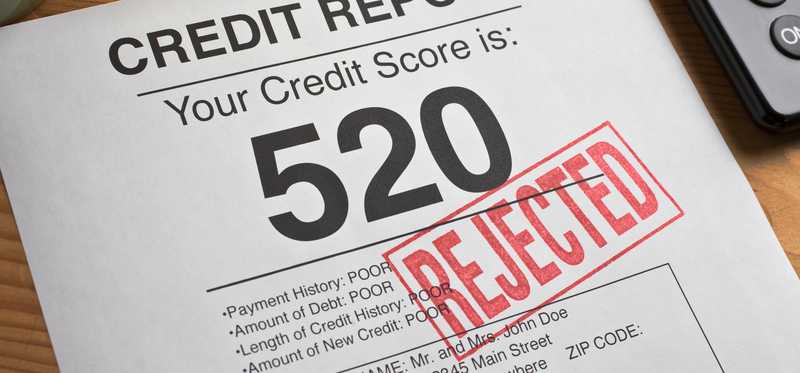
15. Not checking your credit score
Finally, you will want to make sure you check your credit report and score regularly. Failing to do so could be a big mistake as you may not catch inaccurate info or other problems.
If you check your report and score often, you can immediately take action to dispute negative information that was put onto your record by mistake or as a result of identity theft.
You can also see if there are problems that you need to correct, such as a high credit utilization ratio, because they are dragging your score down.
5 Stocks Under $49
Presented by Motley Fool Stock Advisor
We hear it over and over from investors, "I wish I had bought Amazon or Netflix when they were first recommended by The Motley Fool. I’d be sitting on a gold mine!" It's true, but we think these 5 other stocks are screaming buys. And you can buy them now for less than $49 a share! Click here to learn how you can grab a copy of "5 Growth Stocks Under $49" for FREE for a limited time only.
Previous
Next
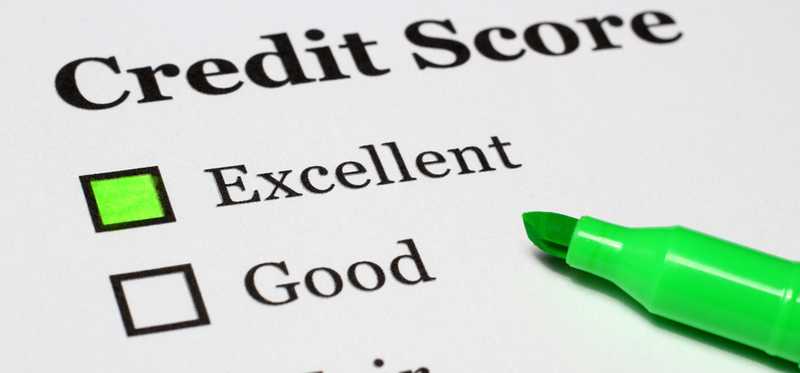
Avoiding these 15 errors can help protect your credit
Since these mistakes can hurt your credit, you'll want to to do all that you can to avoid them.
By borrowing responsibly and making sure you understand how your credit score is calculated, you can protect your future ability to get affordable loans, to get hired by companies that run credit checks, or to live in the apartment of your dreams.
The Motley Fool has a disclosure policy.
Previous
Next
Invest Smarter with The Motley Fool
Join Over Half a Million Premium Members Receiving…
- New Stock Picks Each Month
- Detailed Analysis of Companies
- Model Portfolios
- Live Streaming During Market Hours
- And Much More
READ MORE
HOW THE MOTLEY FOOL CAN HELP YOU
-
Premium Investing Guidance
Market beating stocks from our award-winning service
-
The Daily Upside Newsletter
Investment news and high-quality insights delivered straight to your inbox
-
Get Started Investing
You can do it. Successful investing in just a few steps
-
Win at Retirement
Secrets and strategies for the post-work life you want.
-
Find a Broker
Find the right brokerage account for you.
-
Listen to our Podcasts
Hear our experts take on stocks, the market, and how to invest.
Premium Investing Services
Invest better with The Motley Fool. Get stock recommendations, portfolio guidance, and more from The Motley Fool's premium services.